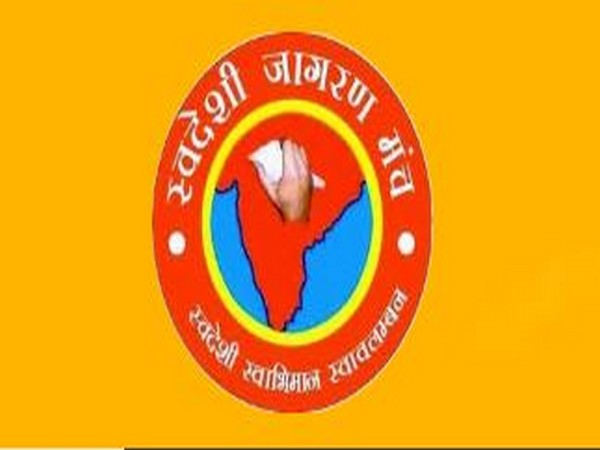No deal is better than bad deal, says RSS affiliate as India decides not to join RCEP
Swadeshi Jagran Manch's national co-convenor Ashwani Mahajan on Monday hailed the Modi government's decision not to join Regional Comprehensive Economic Partnership (RCEP) agreement, saying "no deal is better than a bad deal" and India showed "it is not a soft state and soft power".

- Country:
- India
By Pragya Kaushika Swadeshi Jagran Manch's national co-convenor Ashwani Mahajan on Monday hailed the Modi government's decision not to join Regional Comprehensive Economic Partnership (RCEP) agreement, saying "no deal is better than a bad deal" and India showed "it is not a soft state and soft power".
Mahajan, who received a stream of congratulatory messages after Prime Minister Narendra Modi announced that India has decided not to join RCEP, said that New Delhi has conveyed that it will take part in international agreements if they benefit the domestic industry. The SJM, an affiliate of RSS, had launched a movement against the RCEP and held consultations with various ministries.
"No deal is better than a bad deal," Mahajan said. He said Prime Minister has taken this decision despite international pressure from "friends and foes" and that the decision will go a long way in protecting the domestic industry and the economy.
"I tell foreigners it's a different India and it is not a soft state and it is soft power. And this has been very clearly demonstrated in Bangkok. We have told the world that if international trade agreements are beneficial to the domestic industry then only we will participate," he added. Commenting on free trade agreements, Mahajan said they have not worked in favour of India and the country doesn't need them especially when it is facing an economic slowdown.
"We are at present going through a difficult phase of an economic slowdown. We have our own problems. We have seen in the past that free trade agreements have not worked in our favour. Take the case of ASEAN, it has not worked in our favour. Our trade deficit with ASEAN countries is up by three times. We had several meetings with commerce ministry and other ministries and they were in tears while discussing the RCEP," Mahajan said. He said trade agreements should be on an equal basis and countries should open markets for participants.
"We have seen in the case of Japan and South Korea. China is part of WTO and we are importing their goods but they don't allow our telecom products to enter. They have all kinds of non-tariff barriers. Under these circumstances, this kind of free trade agreement was not going to be in favour of our economy, " he said. Government sources have said that the key issues behind India's decision on not joining RCEP include - inadequate protection against import surge, insufficient differential with China, possible circumvention of rules of origin, the base year remaining as 2014 and no credible assurances on market access and non-tariff barriers.
The Prime Minister had said earlier that India remains committed to a comprehensive and balanced outcome of RCEP negotiations and seeks balance across goods, services and investments and also within each pillar. RCEP is a proposed free trade agreement (FTA) between the ten member states of ASEAN and six FTA partners. (ANI)
Also Read: JD(U) pushes for 'proportionate representation' in Narendra Modi Cabinet.
(This story has not been edited by Devdiscourse staff and is auto-generated from a syndicated feed.)
ALSO READ
SADC Member States validate Biodiversity Strategy and Action Plan
Thailand's capital city Bangkok joins UNESCO Global Network of Learning Cities
LowCarbon.Earth, Asia's Premier Climate Accelerator, to Showcase Groundbreaking Climate Solutions at Demo Day in Bangkok on April 25th, 2024
LowCarbon.Earth, Asia's Leading Climate Accelerator Supported by UNEP and Massive Earth Foundation, is Hosting its Demo Day in Bangkok on 25th April 2024










